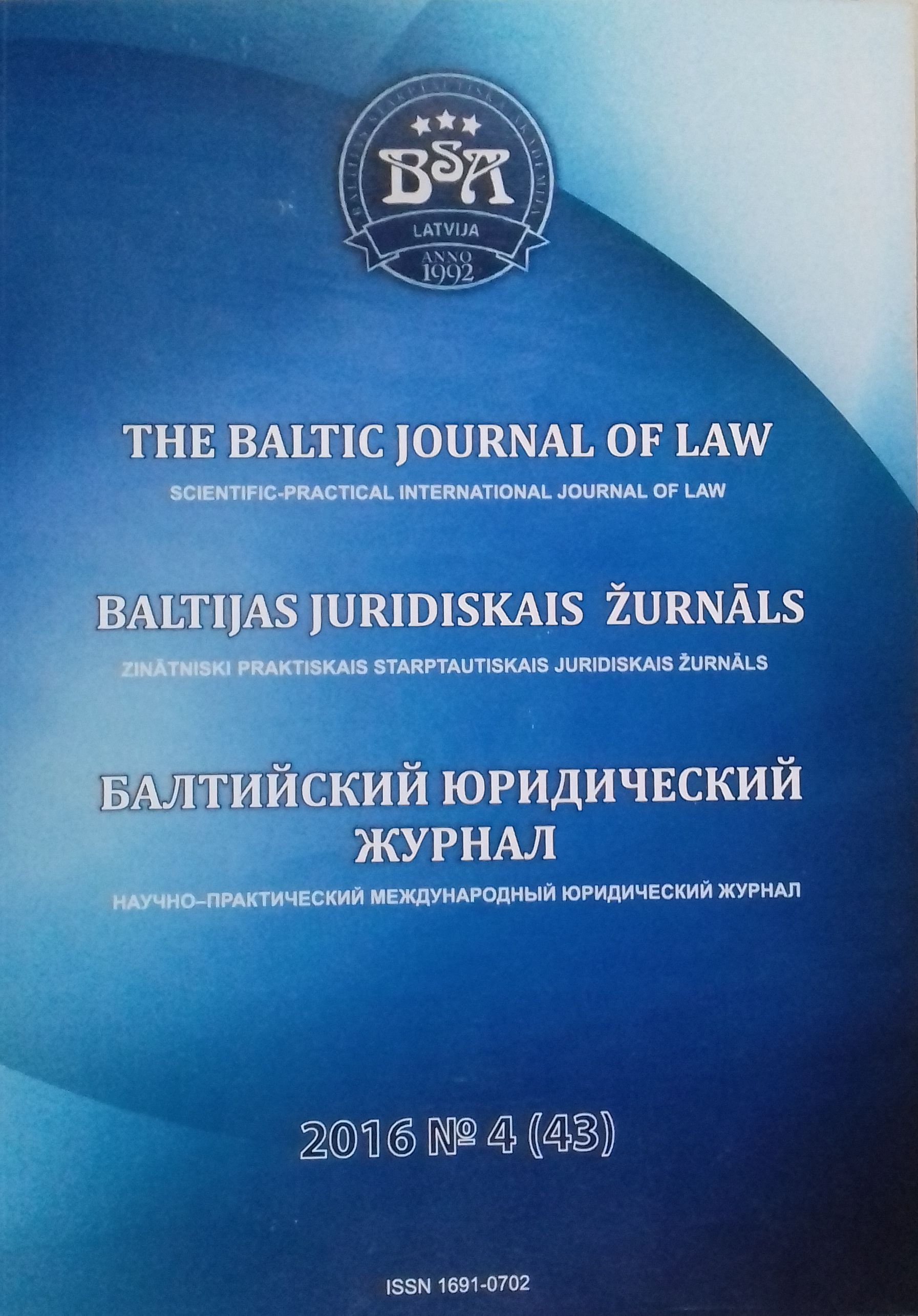Бельгия. Процессы, взрастившие европейский центр террора, и тенденции «ливанизации» в будущем
Belgium. The processes responsible for formation of European centers of terror and the future trends of “Lebanonization”
Author(s): David GaftSubject(s): Law, Constitution, Jurisprudence, International Law, Islam studies, Security and defense, EU-Legislation
Published by: Baltijas Starptautiskā akadēmija
Keywords: terrorism; Islam; a terrorist attack; a quarter Molenbeek; Flemings; Walloons; division; LIH; Hezbollah;
Summary/Abstract: About forty years ago the emigration from Morocco and Turkey to Belgium began. Belgium’s government has not reacted with sufficient seriousness to the appearance of a lot of people with a different culture, different behavioural habits and different religion. Islamic immigrants settled in isolated areas with high population density. They did not support the cultural interaction with the Belgian community, but founded many mosques instead where clerics openly preach radical Islam.Muslims see Europe as cash cow. They have come only to take - not to give. A terrorist attack in early 2015 at the Jewish Museum in the centre of Brussels, was the signal to the beginning of a string of terrorist attacks in Europe. Molenbeek area was made a stronghold of terror and crime. It is very easy to hide there, and easy to buy illegal weapons. Police prefers not to go to there. The events taking place in Belgium are similar to the events in Lebanon, which is now in a state of bloody conflict between Christians and Muslims.For a better understanding of possible options for the development of the situation in the future, the article explores the example of Yugoslavia, disintegrated after a brutal civil war. Comparison of Belgium to Yugoslavia and Lebanon clearly shows, that Belgium and Lebanon are also in the process of gradual disintegration. Yugoslavia, as it was in the past, and Belgium nowadays share some common phenomena that lead to disunity.The article also explores the problem of cross religious relations and the growing Islamic terror.This article was written before the last terrorist act that had taken place in Brussels in March 2016. But it did not lose its relevance, and it confirms the hypothesis put forward by the author.
Journal: BALTIC JOURNAL OF LAW/ BALTIJAS JURIDISKAIS ŽURNĀLS /БАЛТИЙСКИЙ ЮРИДИЧЕСКИЙ ЖУРНАЛ
- Issue Year: 43/2016
- Issue No: 4
- Page Range: 20-31
- Page Count: 12
- Language: Russian

